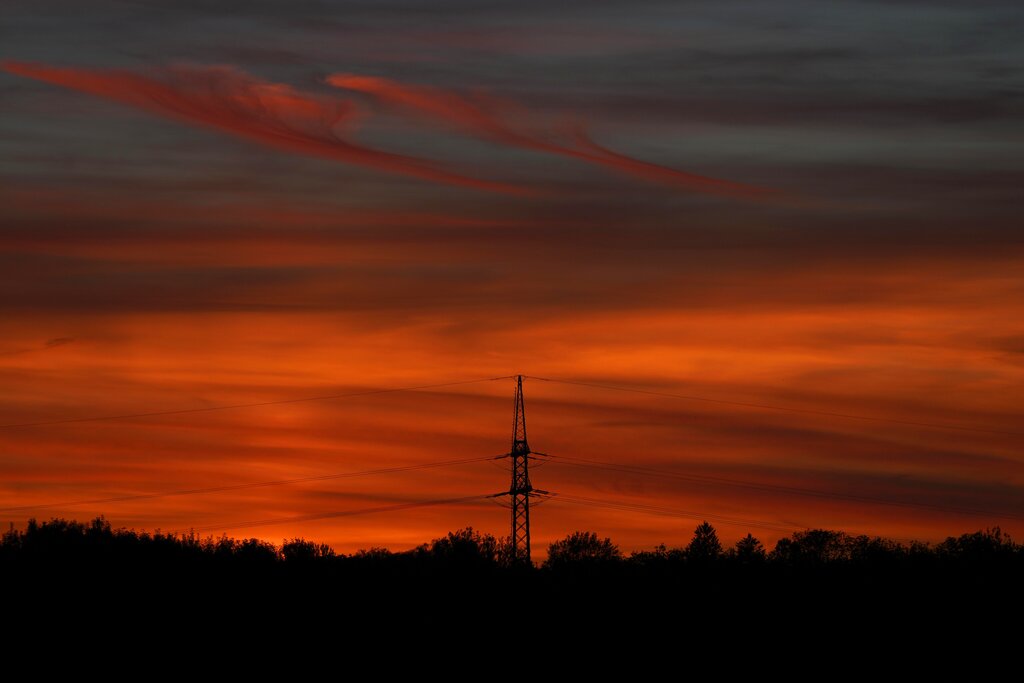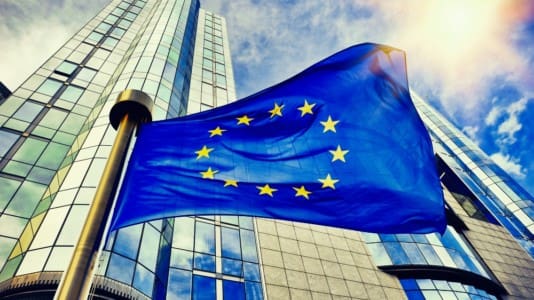As a result of the sanctions aimed at Russia but still affecting Europe, Germany is facing a total setback in the matter of the energy revolution, which the Greens forced down the throats of both the German people and the Merkel cabinet through years of persistent manipulation.
German Chancellor Olaf Scholz recently announced that his government is investigating the possibility of not shutting down the country’s last three nuclear power plants this year, contrary to previous plans and the campaign promise of their coalition partner. The worsening consequences of the artificially generated European energy crisis through political blunders could mean a serious loss of face for the Green Party, whose politicians and intellectuals have been demanding the shutdown of nuclear power plants for many years. Now that they are in government, they will still be the executors of the decision that will legitimize the further, peaceful use of nuclear energy in Germany, even for the next decades.
There are good reasons for the impending German retreat, as the fear that the country may be without Russian gas this winter, which renewable energy sources will be unable to adequately replace, is becoming more and more worrying on the political agenda. Of course, the big realization does not come easily, since a few months ago the German government itself viewed the situation much more optimistically; their previous statement was that, despite the problems, Germany still does not need nuclear power plants.
In the past decade, the German Greens have loudly proclaimed not only within their own borders, but also at the EU level, that the shutdown of nuclear power plants is in the common interest of all of us since their operation threatens the existence of the entire continent.
With their effective cooperation, in January of this year, the entire German government protested the fact that the European Union, in accordance with the French and Hungarian positions, declared the construction of nuclear power plants and their capacity expansion as green investments. However, the effects of the outbreak of the Russo-Ukrainian war, and the subsequent failed sanctions policy in Brussels, soon began to be felt.
As usual, reality once again mercilessly kicked down the door on all those who approached an energy policy issue based not on scientific or economic, but rather ideological aspects.





